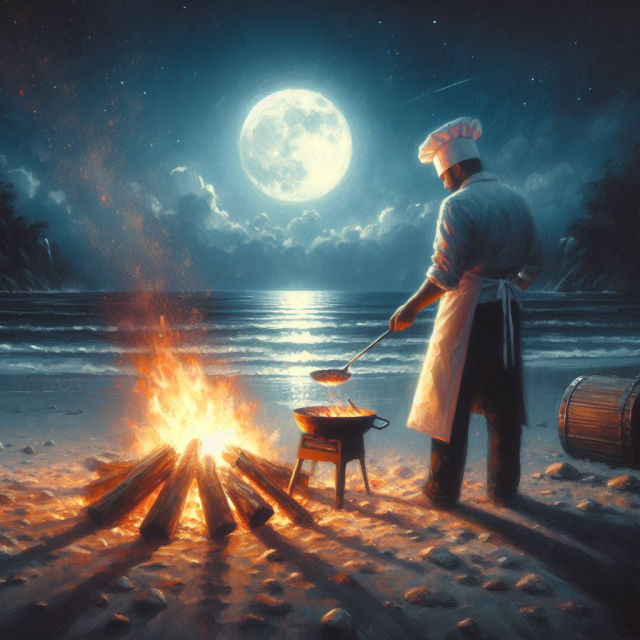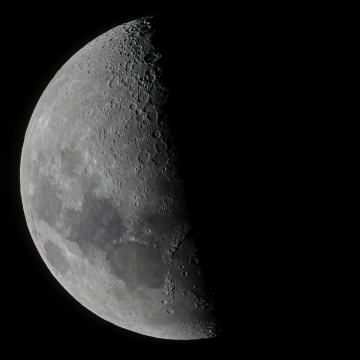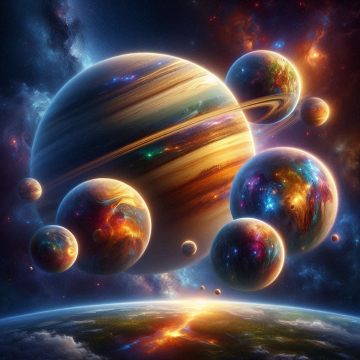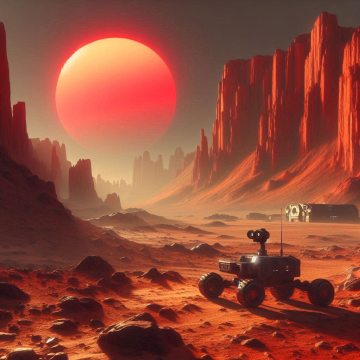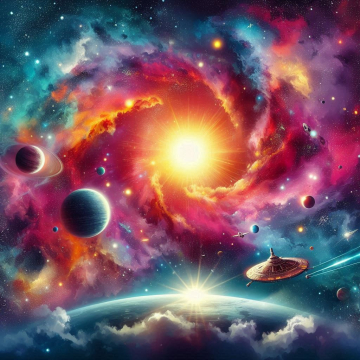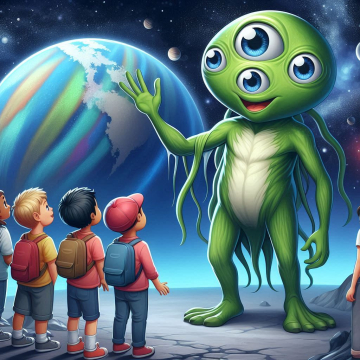The relationship between the moon and cooking has fascinated humanity throughout history, giving rise to culinary traditions, myths and beliefs rooted in various cultures around the world. Although modern science may not directly support many of these beliefs, the connection between the moon and cooking remains an intriguing topic that explores the cultural influence, ancient legends, and some scientific implications surrounding this mysterious relationship.
Lunar myths and legends in gastronomy: A cultural journey.
In various cultures, the moon has played a significant role in culinary practices and food traditions. Since ancient times, myths and legends have been woven that link the moon with the harvest, food preparation and even the optimal times to enjoy certain dishes. These stories, passed down from generation to generation, have left a lasting mark on the way some communities conceive and approach food.
Moon and harvest: The agricultural lunar calendar.
In many agricultural cultures, the lunar calendar has been essential in determining the most favorable times to sow, grow and harvest food. Certain lunar phases are believed to influence the growth of plants and the quality of harvested products. Although science does not directly support these beliefs, the connection between the lunar calendar and agriculture has endured through the centuries, influencing crop planning and harvest-related festivities.
The lunar influence on tides and fishing: Beyond the mainland.
The influence of the moon is not limited only to agriculture; It also extends to fishing activities. The moon plays a crucial role in generating tides, and many anglers have followed lunar patterns to determine the best times to fish. Although the connection between the moon and the tides is well known and scientifically supported, its direct impact on the quality of seafood products is the subject of debate.
Moon and cooking in mythology: Food myths from various cultures.
The mythology of different cultures presents fascinating stories about the moon and its relationship with cooking and food. From gods and goddesses associated with the moon who preside over divine banquets to tales of magical foods that gain their special properties from moonlight, mythology has enriched the symbolic connection between the moon and food.
Lunar influence on biodynamic agriculture: A controversial approach.
Biodynamic farming, which approaches agriculture as a holistic system, has incorporated the lunar influence into its practices. Proponents of biodynamic agriculture maintain that lunar phases can affect plant growth and crop quality. Although this perspective is controversial and not supported by solid scientific evidence, biodynamic agriculture has gained followers who consider the moon as an influential force in food production.
Lunar celebrations and food festivals: A banquet for the moon.
In several cultures, the moon has been the reason for food festivals and culinary celebrations. These events, often tied to specific dates on the lunar calendar, celebrate the connection between the moon and food. From nightly feasts under the full moon to festivals highlighting specific foods associated with certain lunar phases, these celebrations reflect the rich cultural heritage of the connection between the moon and cuisine.
The science behind lunar influence: Reality or popular mythology.
Although many beliefs about the lunar influence on cooking are based on ancient traditions and myths, modern science tends to demystify these ideas. There is no conclusive evidence to support the idea that the moon directly affects the taste or quality of food. However, indirect influence, such as agricultural planning based on the lunar calendar, remains a long-established practice in some communities.
Impact of moonlight on the gastronomic experience: A romantic perspective.
Beyond moon-based beliefs and practices, moonlight has been a romantic element in the dining experience. Moonlight dining, whether in outdoor restaurants or in natural settings, has been appreciated for its unique and mystical atmosphere. The moon, with its soft glow, has provided the perfect backdrop for special culinary moments.
As we explore the connection between the moon and cooking, we discover a fascinating tapestry of myths, legends, traditions and practices that have evolved over time. Although science may not directly support many of these beliefs, the cultural and symbolic influence of the moon on diet remains an intriguing phenomenon. Whether it's harvest planning, tide-based fishing, or food celebrations under the moonlight, the moon has left an indelible mark on the way we perceive and enjoy food. Ultimately, the connection between the moon and cuisine goes beyond scientific reality, offering a poetic and cultural perspective that enriches our relationship with food and nature.
